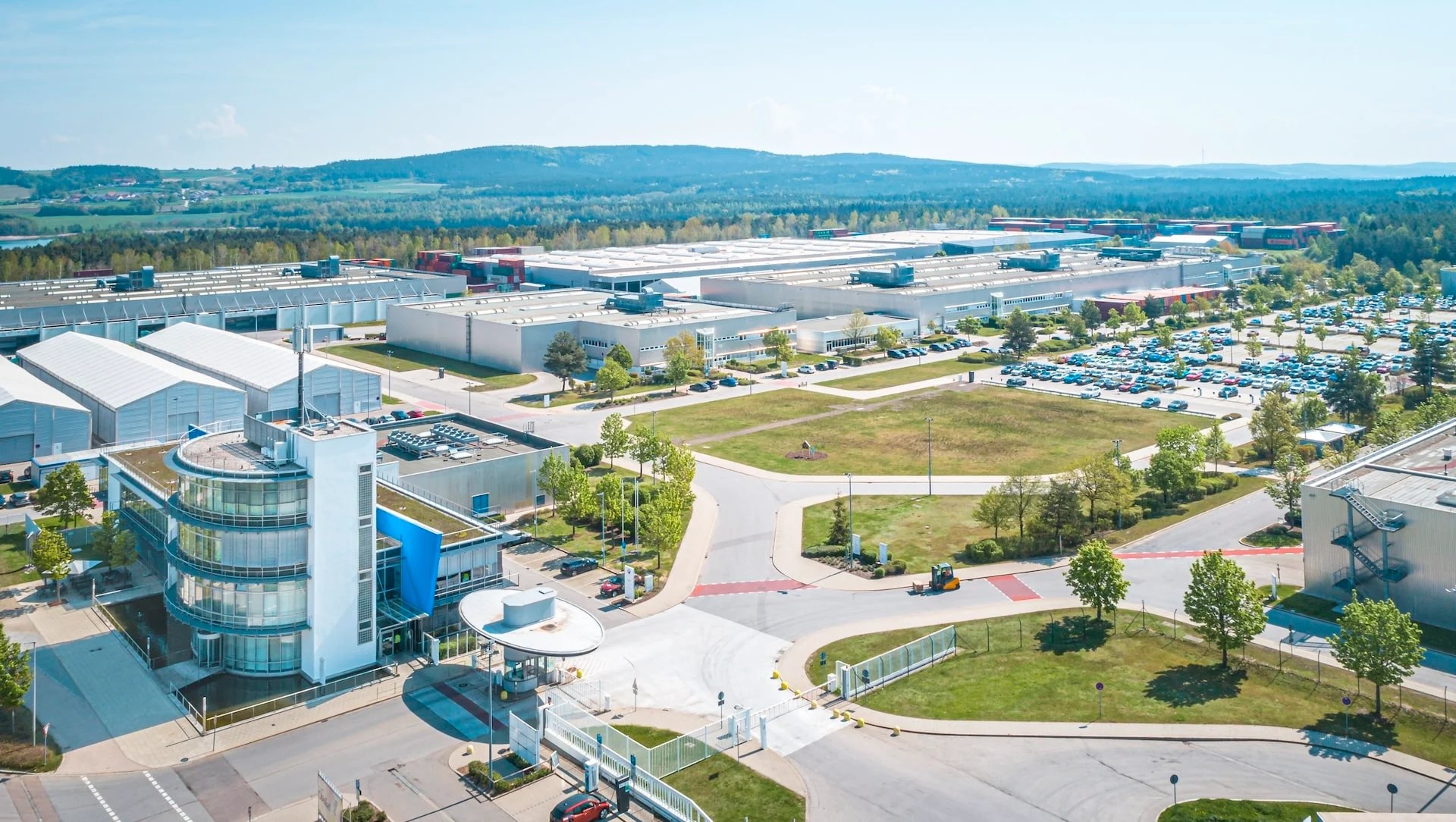BMW Group is investing approximately 100 million euros into its Wackersdorf facility in Upper Palatinate to establish a new battery testing center. The investment aims to support BMW’s shift towards electromobility and will add a fourth key operational domain to the facility. Christoph Peters, the Site Manager, highlights the transformative potential of the new testing center for the Wackersdorf site.
The investment will primarily focus on enhancing the current infrastructure and implementing intricate test bench technology. The historic Hall 80 building will be revamped to house the new testing center. By mid-2024, the center will deploy “battery testers” that externally resemble large refrigerators but internally utilize high-end technology to assess the electrical efficacy of battery cells under various conditions. Several hundred battery cells will be tested simultaneously, with the capacity expected to increase to several thousands.
From 2025 onwards, the center will validate BMW’s battery-electric vehicles pre-series production launch. This will involve exhaustive tests such as vibration and shock tests using “shakers,” as well as simulating intricate driving patterns.
BMW’s investment in the Wackersdorf location demonstrates its commitment to e-mobility and ensures top-tier quality in its electric vehicles. With limited external testing capacities available, the establishment of its own testing center positions BMW at the forefront of the e-mobility transformation.
Source: BMW Group
BMW invests €100 million to enhance e-mobility
The automotive industry is rapidly shifting towards electric mobility, as environmental concerns and stricter government regulations push companies to reduce their carbon footprint. Embracing this transition, German luxury carmaker BMW has recently announced a significant investment of €100 million to enhance its e-mobility capabilities.
Electric mobility has gained tremendous traction over the past decade, driven by advancements in technology and a growing awareness of the negative impact of fossil fuel-powered vehicles on our environment and climate. Governments around the world are also imposing stricter emission standards, encouraging automakers to adopt greener alternatives.
In response to these factors, BMW has been at the forefront of electric vehicle (EV) development. The company’s investment of €100 million will primarily be directed towards expanding its electric vehicle charging infrastructure. As EVs become more widely adopted, the availability and accessibility of charging stations are crucial for their continued success. BMW aims to increase the number of charging points in key markets, making it more convenient for owners to charge their vehicles and encouraging further adoption of electric mobility.
Moreover, BMW plans to invest in the research and development of advanced battery technologies. The range and efficiency of EVs are crucial aspects that, if improved, can help dispel range anxiety concerns and boost consumer confidence in electric vehicles. By investing in battery technology, BMW aims to develop more powerful and longer-lasting batteries, ultimately enhancing the overall performance and convenience of their electric vehicles.
Importantly, BMW’s investment also extends to the development of sustainable and eco-friendly manufacturing processes. As the production of electric vehicles increases, it is imperative for automakers to minimize their environmental impact not only during the vehicle’s use but also throughout its lifecycle. BMW aims to streamline its manufacturing processes to reduce waste, energy consumption, and emissions.
Furthermore, the company’s commitment to e-mobility extends beyond its vehicles. BMW plans to invest in renewable energy projects to ensure that the electricity used to power its vehicles comes from sustainable sources. By reducing their reliance on fossil fuel-generated energy, BMW aims to further contribute to a greener future.
This €100 million investment by BMW reinforces the company’s dedication to electric mobility and sustainability. By focusing on improving charging infrastructure, battery technology, manufacturing processes, and renewable energy projects, BMW aims to overcome the barriers to widespread electric vehicle adoption, making electric mobility more feasible and appealing to consumers.
This substantial investment not only demonstrates BMW’s commitment to environmental responsibility but also serves as a strong statement to other companies in the automotive industry. It sends a clear message that the transition towards electric mobility is not only necessary but also financially sensible. As customers increasingly prioritize sustainability and governments enforce stricter regulations, automakers who fail to embrace e-mobility risk falling behind in the rapidly evolving market.
In conclusion, BMW’s €100 million investment to enhance e-mobility represents a significant step towards a greener and more sustainable future. By focusing on improving charging infrastructure, battery technology, manufacturing processes, and renewable energy projects, BMW aims to propel the adoption of electric vehicles and contribute to reducing the carbon footprint of transportation. As the automotive industry continues its transition towards electric mobility, BMW’s investment serves as an inspiration for other companies to follow suit and contribute to a cleaner and more sustainable world.

